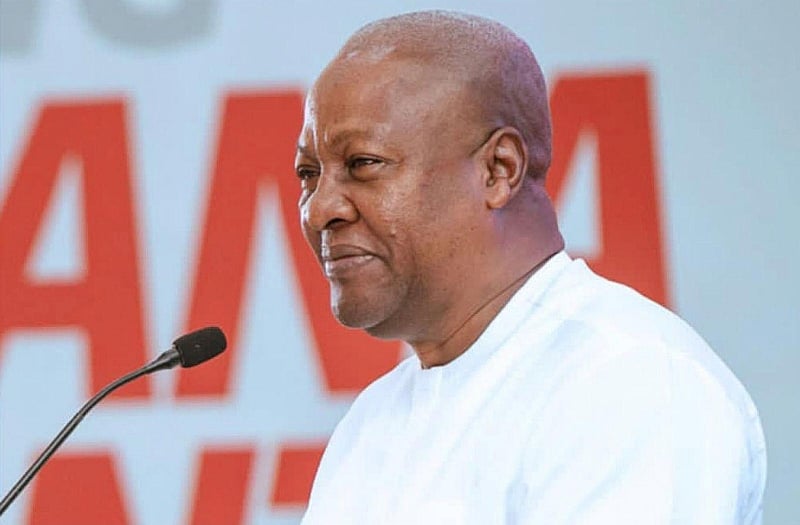Paragraph 1: Presidential Nominations and Regional Governance
President John Dramani Mahama has initiated the process of forming his government by announcing a series of ministerial appointments, focusing initially on key regional leadership positions. This phased approach underscores the importance Mahama places on effective regional administration and its role in driving national development. The selection of Regional Ministers represents a crucial step in establishing the government’s presence and influence across the country, facilitating the implementation of national policies at the local level. These appointments also highlight the President’s efforts to balance political considerations with the need for experienced and capable individuals to manage the diverse challenges facing each region.
Paragraph 2: The Second Wave of Regional Appointments
The second batch of nominations for Regional Ministers, announced on January 16th, further solidified President Mahama’s commitment to completing the formation of his regional leadership team. This group of nominees includes Wilbert Petty Brentum for Western North Region, Eduamoah Ekow Panyin Okere for Central Region, and Joseph Nelson for Western Region. The selection of these individuals suggests a deliberate strategy to address the specific needs and priorities of each region, considering factors such as economic development, infrastructure development, and social welfare. The nominations, submitted to Parliament through the Speaker, await parliamentary approval before the appointees can officially assume their responsibilities. This process ensures a degree of checks and balances, allowing for scrutiny of the nominees’ qualifications and suitability for the roles.
Paragraph 3: Completing the Regional Leadership Puzzle
With the announcement of the second batch of nominees, President Mahama has moved closer to completing the regional leadership structure of his administration. The initial batch of 10 Regional Ministers, announced earlier, laid the foundation for this process. The President’s next step will be to nominate candidates for the remaining three regions, finalizing the regional governance team. This systematic approach suggests a careful consideration of regional dynamics and the specific expertise required in each area. The complete team of Regional Ministers will be instrumental in translating the national agenda into tangible outcomes at the regional and local levels.
Paragraph 4: Balancing Regional and National Priorities
The selection of Regional Ministers reflects the complex interplay between regional and national priorities. While the President seeks to ensure effective regional governance, he must also consider the overall national agenda and the need for cohesion and coordination across different regions. The appointed ministers will serve as a bridge between the central government and the regional administrations, ensuring that national policies are implemented effectively while also addressing the unique needs and challenges of their respective regions. This delicate balancing act requires individuals with strong leadership skills, political acumen, and a deep understanding of both regional and national dynamics.
Paragraph 5: Broader Ministerial Appointments and Portfolio Assignments
Beyond the regional appointments, President Mahama has also announced ministerial appointments for key national portfolios. Notable among these is the appointment of Eric Opoku as Minister of Food and Agriculture. This appointment signals the President’s focus on addressing food security and agricultural development, critical areas for economic growth and social stability. Another significant appointment is Kwame Agbodza Governs as Minister for Roads and Highways, highlighting the importance of infrastructure development in the national development agenda. These appointments, along with others yet to be announced, will shape the overall direction of the government and its priorities in various sectors.
Paragraph 6: Building a Functional Government and Addressing National Challenges
The phased approach to ministerial appointments allows for a structured and deliberate process of building a functional government. President Mahama’s focus on regional governance underscores the importance of decentralized administration and local empowerment. By carefully selecting individuals for these critical roles, the President aims to establish a strong leadership team capable of tackling the diverse challenges facing the nation. The next phase of appointments will further define the government’s structure and its strategic approach to addressing national priorities such as economic development, infrastructure improvement, social welfare, and good governance. The composition of the cabinet and the allocation of ministerial portfolios will ultimately determine the government’s effectiveness in delivering on its promises and fulfilling the expectations of the citizenry.


